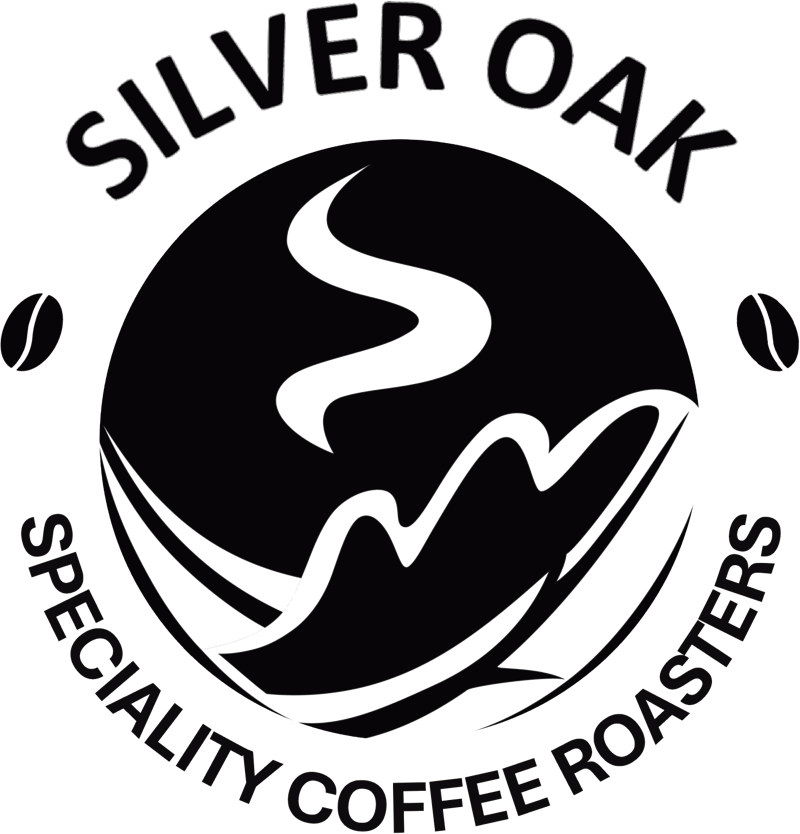Product information
The Musasa Dukunde Kawa cooperative operates four washing
stations nestled in Rwanda’s rugged northwest. Their third station, Nkara, was
built in 2007 using profits from their first two stations—Ruli and Mblima—along
with a bank loan. Sitting at an altitude of 1,800 metres, Nkara serves farmers
in the Ruli Sector of Rwanda’s Northern Province.
Much of Musasa Dukunde Kawa’s success is thanks to the
transformational PEARL programme. This initiative shifted Rwanda’s coffee
sector from focusing on quantity to prioritising quality, opening the doors to
the high-value specialty coffee market. Together with its successor, SPREAD,
the programme has played a key role in helping Rwanda’s small-scale farmers
rebuild after the devastating 1994 genocide and the global coffee price crash
of the 1990s.
Most of the farmers working with Musasa Dukunde Kawa own
less than a quarter of a hectare of land, growing 250–300 coffee trees
alongside subsistence crops like maize and beans. By combining their harvests
and processing cherries centrally, these farmers have seen a significant boost
in income—doubling, on average—thanks to the co-op’s ability to focus on
quality. Before washing stations like Nkara were established, farmers sold
semi-processed cherries to middlemen, often for low prices in a system that left
them struggling. Today, the cooperative produces exceptional lots for the
specialty market year after year.
The name ‘Musasa’ translates to ‘a place to make a bed’,
while ‘Dukunde Kawa’ means ‘let’s love coffee’ in Kinyarwanda—a nod to the
transformative power of coffee in improving lives in rural communities.
Now one of Rwanda’s largest cooperatives, Musasa Dukunde
Kawa has grown to include four washing stations and 2,148 members. One of these
stations, Mbilima, operates in the scenic hills of Mbilima and Matovu and works
with 517 producers. Despite the small size of individual farms, efficient
practices and the use of shade trees—like Maesopsis eminii, Calliandra, and
Grevillea—help maximise quality and sustainability.
This particular lot comes from 45 smallholder farmers in
Rubyiniro, a hill in Mbilima Cell, Coko Sector, within Rwanda’s Gakenke
District. These farmers have committed to organic farming practices since 2015,
with cherries processed just 15 minutes away at the Mbilima Coffee Washing
Station. At an impressive elevation of around 2,150 metres, Rubyiniro is one of
Rwanda’s highest coffee-growing regions. Its cool, steady climate ensures slow
maturation, resulting in nuanced flavours and a clean, crisp finish that’s
ideal for specialty roasts.
Cherries are hand-picked at peak ripeness and pulped the
same evening using a mechanical pulper that sorts beans into three grades by
weight. Fermentation takes place overnight, followed by further grading using
flotation channels to identify the highest-quality beans. The wet parchment is
then soaked for 18–24 hours to stabilise moisture content.
Women play a vital role in the process, particularly in
hand-sorting, which happens at two stages—on shaded pre-drying tables and
during the final drying process. Shaded sorting allows defects like green
(unripe) beans to be spotted more easily while protecting the coffee from
direct sunlight. After about six hours, the beans move to drying tables for 14
days, depending on the weather. Here, they are regularly turned, protected from
rain and midday sun, and inspected again to remove any damaged beans. Once the
coffee reaches 11% humidity, it’s stored in parchment at Nkara’s warehouse
before heading to Kigali for dry milling and final sorting at the co-op’s new
dry mill.
Traceability is central to Musasa’s operations. Each lot is
tagged with a paper ticket noting the harvest date and grade. For example, ‘Lot
1–06/04–A1’ means the lot was the first processed on April 4 and achieved an A1
grade. This simple system ensures transparency and quality control from cherry
to cup.
Beyond coffee, Musasa Dukunde Kawa invests in the wellbeing
of its members. They provide school fees, medical insurance, and training on
coffee cultivation and quality improvement. Exceptional cherry quality is even
rewarded with cows—valuable not just for milk and supplementary income, but
also for the natural fertiliser they provide. The co-op also supplies
tailor-made bikes, making it easier for farmers to deliver cherries quickly,
ensuring better quality.
Mercanta has proudly partnered with Musasa Dukunde Kawa
since 2007, and we look forward to many more years of collaboration.





